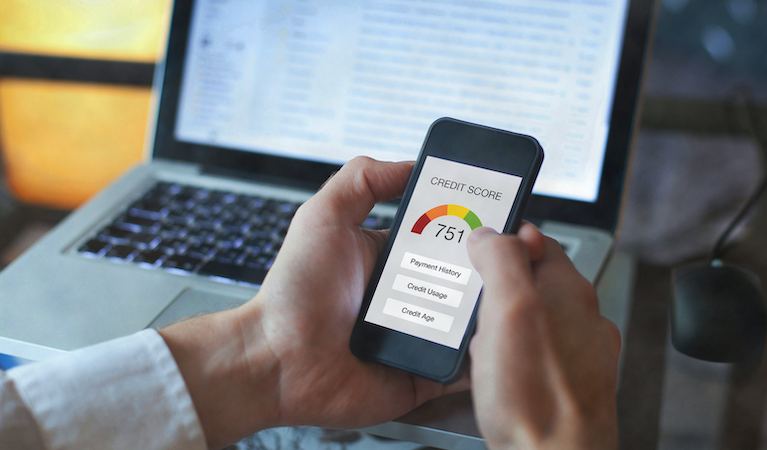We’ll never ask you to pay us a fee before disbursing your loan. If affected, please contact us & learn more here.
Late repayment can cause you serious money problems. For independent help, please go to www.moneyhelper.org.uk

Sep 10, 2021
Autumn is almost upon us. The new school year is under way and it always feels like a good time for a new start in various areas of our lives.
One of the areas that is definitely worth taking a fresh look at this autumn is your credit score.
In this article we look at what your credit score is and why it matters. We’ll also explain what determines your credit score and five things that you can do to improve it.
Your credit score is a 3 digit number that assesses your credit worthiness. The score takes into account the way you have managed mortgages, current and past loans, credit agreements and credit cards.
Your credit score is allocated by one of the three main Credit Reporting Agencies (CRAs) in the UK: Experian, Equifax or TransUnion.
You can find out your current credit score by contacting one of the above agencies.
Your credit score matters because it is a quick way that many lenders will use to decide whether or not they are going to lend to you. If your credit score is too low, it may indicate to them that it could be risky to lend to you, and they may decline your application for credit.
However, a good credit score doesn’t always guarantee that you’ll be approved for credit, as different lenders may use other criteria as well as your credit score.
Nor does having a poor credit score mean that you will never be able to get credit. Some lenders will look at the bigger picture when deciding whether or not to lend to you. For example, if you apply for a short term loan with Loans 2 Go we are more interested in the present than the past. It is more important to us whether you can afford loan repayments in your current financial circumstances rather than what happened some time ago.
Your credit score is based on more detailed information in your credit report. This information includes:
Many people find the concept of a credit score frightening. This is perfectly understandable: it can feel as if information is being stored and used against you, and that it all is completely out of your control.
However, there are positive things that you can do to improve your credit score. Here are our Five Top Tips for doing just that:
1. Get a copy of your credit report from one of the CRA’s listed above. Check it carefully for errors. If there is incorrect information in it, this could reduce your credit score without you realising. For example, perhaps you used to have a joint account or loan with another person – such as an ex-partner- but no longer do so. But they may still be listed as a link on your credit report, and if they have a poor credit score it could drag yours down too.
So check your report and notify the CRA of any errors so that they can be resolved.
2. Make sure that you are on the electoral roll at your current address. This is important. Being on the electoral register enables a potential lender to confirm your identity. The more reliable information they have about you, the better. Being able to prove that you are who you say you are also helps to avoid problems with fraud and identity theft.
So if you are not on the electoral register, do that today. You can register on the Gov UK website.
3. Ensure that you pay all your bills on time. This is really important, even if the bill is small. It applies to all bills: loans, credit cards and household bills. If you pay your bills promptly, this demonstrates to other lenders that you are able to manage your finances responsibly, whereas late or missed payments can very quickly affect your credit score.
4. Try to keep your overall debt as low as you can. Most lenders will be concerned if you are close to all your current credit limits, so if possible, try and keep it at 25% or less of your overall limit. For example, if the total credit limit on all your credit cards came to £10000, you should aim to have no more than £2500 spread across all your cards.
Also be careful not to apply for too much new credit at the same time. When you apply for credit this usually shows up on your credit report and could be a warning sign to other lenders that you are trying to take on more credit than you are able to handle.
5. Ironically, another way to boost your credit score is to make sure that you are currently demonstrating your ability to handle credit.
Two ways that you can do this are:
We hope that the above information helps you to learn more about your credit score, why it is important, and how to improve it.
Check back here soon for more financial and lifestyle tips from Loans 2 Go.